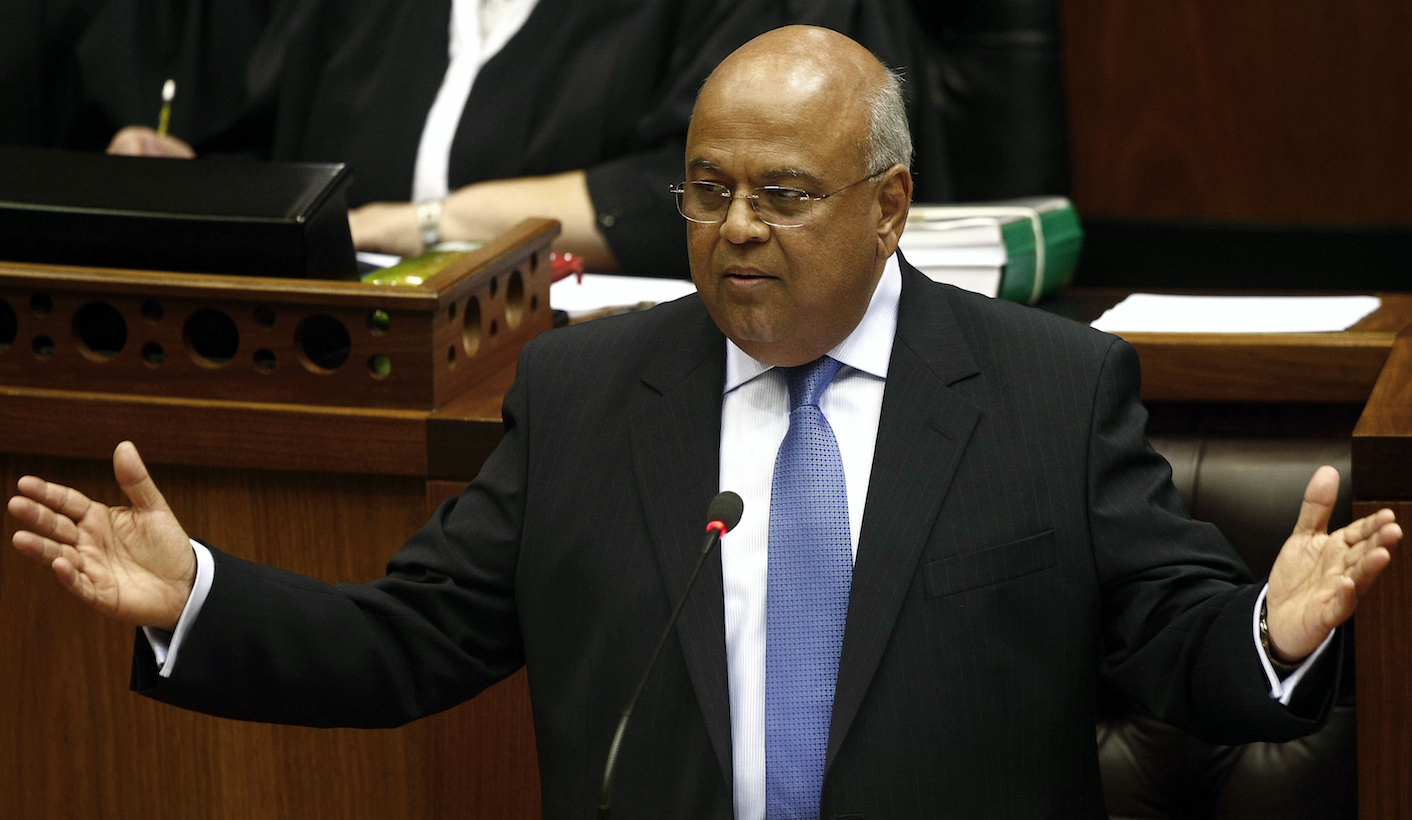Home » What to tax? South Africa’s budget
What to tax? South Africa’s budget


South African Finance Minister Pravin Gordhan will deliver the 2017 budget on Wednesday.
Political instability, slumping commodity prices and corruption have choked off growth in Africa’s largest economy. South Africa’s mid-term budget last October signalled that an additional $3.1 billion in taxes had to be raised over the next two years to stabilise the economy, but revenue sources are limited.
The government is unlikely to increase corporate tax rates as South Africa’s current rate of 28% is already higher than African averages. Any increase could further deter foreign investment.
Increasing sales taxes is also unlikely: while profitable, it would disproportionately affect South Africa’s poorest – a risk that the deeply unpopular President Zuma will want to avoid. If they do, any sales tax increase will be accompanied by pro-poor measures to offset these effects.
Rather, it seems more likely the government will announce an increase in income taxes – the largest source of revenue – as well as a fuel levy hike.
If Gordhan’s budget isn’t conservative enough, it risks damaging investor confidence, potentially causing the rand to devalue. Yet if measures are too punitive, Wednesday’s budget could exacerbate South Africa’s economic woes. A fine line indeed.

